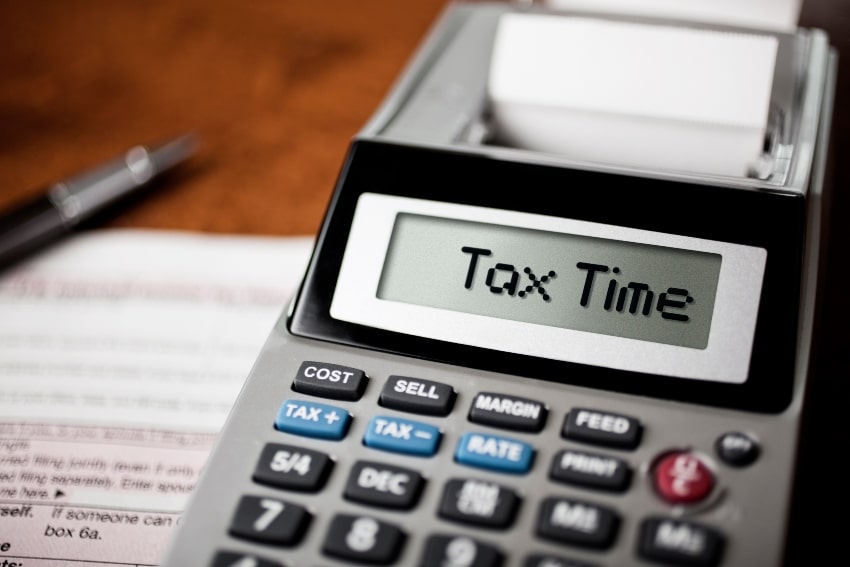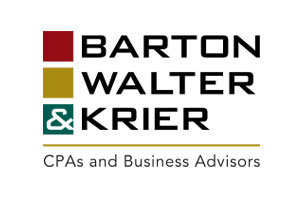Thinking of Selling Your Business?
April 25, 2023 | Barton Walter and Krier
Are you thinking of selling your business but don’t know where—or when—to start? We can help. Barton, Walter & Krier provides Transaction Advisory Services to help clients understand the sell-side process basics when the time comes. Keep reading to learn more about how we can help make sure you’re a prepared seller. Value-Added Service “I think there’s a lot of bad advice that gets thrown around out there, and we want to make sure people get proper advice,” said Blaine Andersen, Managing Director of Transaction Advisory Services (TAS). Andersen is BWK’s foremost authority on TAS, a value-added service that helps ensure our clients have the information they need to make sound decisions on either side of a transaction. For the purposes of this blog, we […]
Read MoreBe Prepared for Tax Season
February 28, 2023 | Barton Walter and Krier
With the new year officially here, it’s only a matter of time before we’re all in the midst of the tax time rush. Last-minute number crunching can be stressful, both for business owners and their tax professionals. We have some basic and simple ideas to help ensure you’ll be prepared for tax season so that your filing process goes smoothly. Organize Financial Records and Receipts Hopefully you’ve been keeping tabs on your business’s performance over the last year. Documenting and analyzing financials each month gives you an idea of the health and profitability of your company. Bring those records as well as any receipts for business expenses when meeting with your tax professional. Keeping your documents together will help ensure you have the information your […]
Read MoreLike-Kind Exchange Basics
February 23, 2023 | Barton Walter and Krier
Buying and selling makes the business world go ’round. This is true for products, services, and even real estate. But be aware that selling property for a significant financial gain often means you’re paying a substantial amount of taxes. Reinvesting those profits can help defer tax payments on qualifying property sales. Let’s look at like-kind exchange basics and how this strategy can benefit you. Defining Like-Kind Exchanges If you make money from the sale of a business or investment property, you’re required to pay capital gains tax on the profit. Capital gains tax rates depend on the time frame of the sale and its profits —short-term at 10-37 percent, or long-term between 10-20 percent. Internal Revenue Code Section 1031 allows a seller to postpone paying […]
Read More

